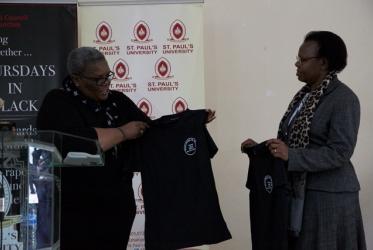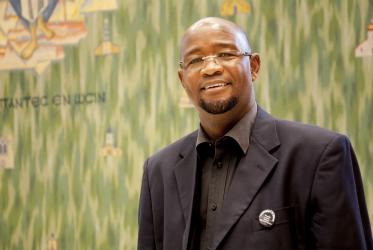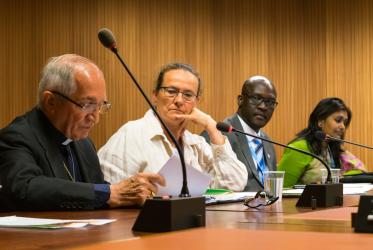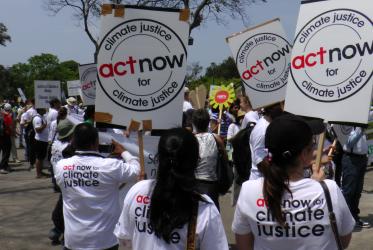Displaying 481 - 500 of 552
WCC group evaluates ecumenical HIV and AIDS response
29 June 2015
Churches need to do more to tackle HIV and AIDS
23 June 2015
Churches' “prophetic voice” will be busy in 2015
18 June 2015
WCC Executive Committee speaks out on migrant crises
12 June 2015
WCC member churches pursue climate justice
01 April 2015
Addressing the HIV threat through education and training
23 February 2015
WCC mourns the death of Leopoldo Niilus
10 February 2015










